
Psychologist & bestselling author on healing and releasing trauma. Get my newsletter for weekly insights 👇
2 subscribers
How to get URL link on X (Twitter) App

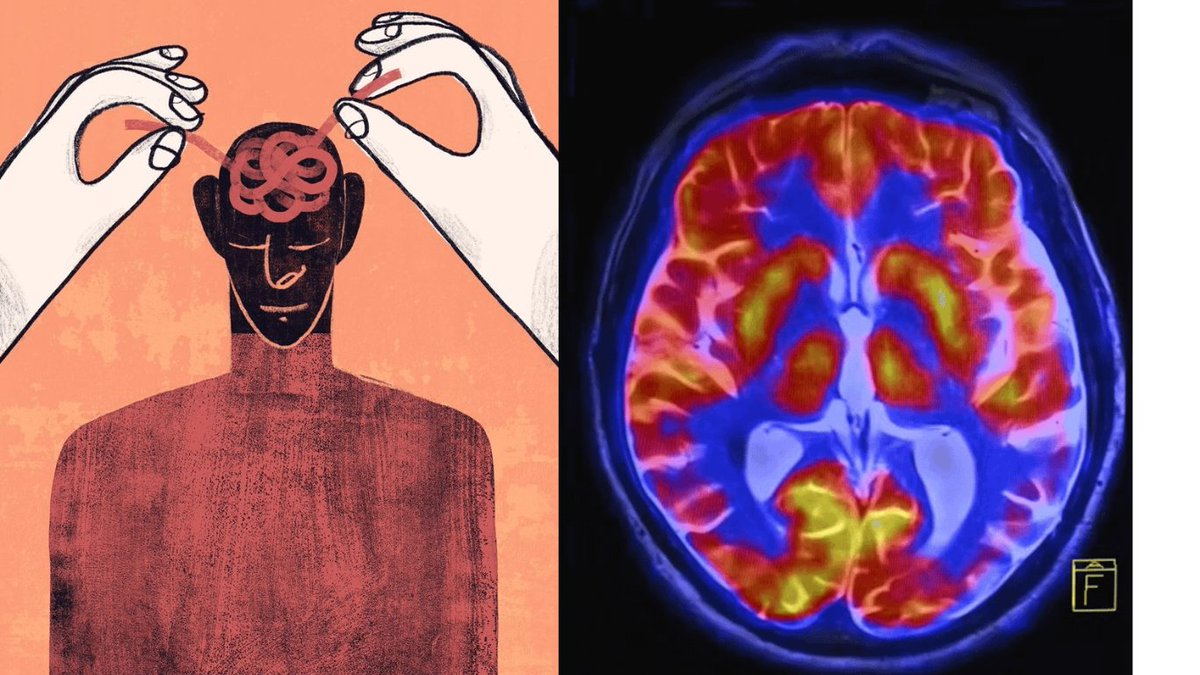
 In my 25+ years as a psychologist, I've learned:
In my 25+ years as a psychologist, I've learned: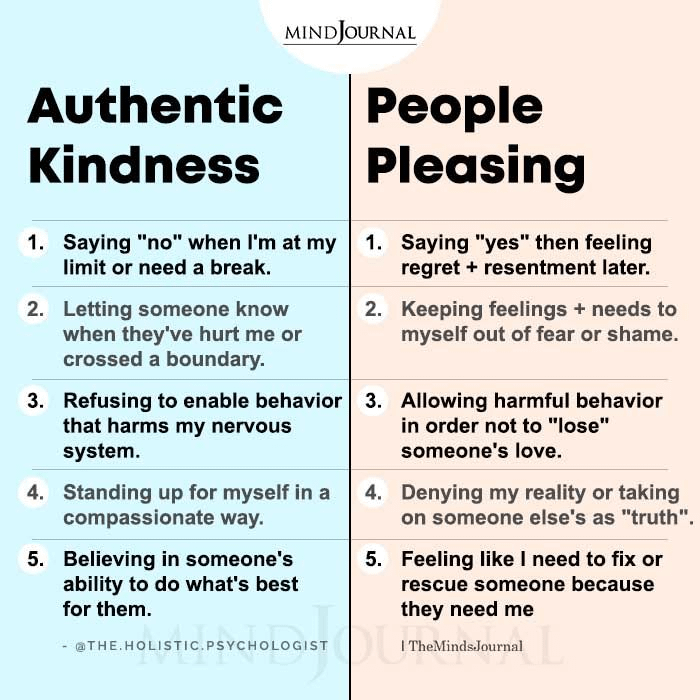

 Underneath the jokes, I knew what was happening.
Underneath the jokes, I knew what was happening.
 Let’s talk about what health looks like in relationships.
Let’s talk about what health looks like in relationships.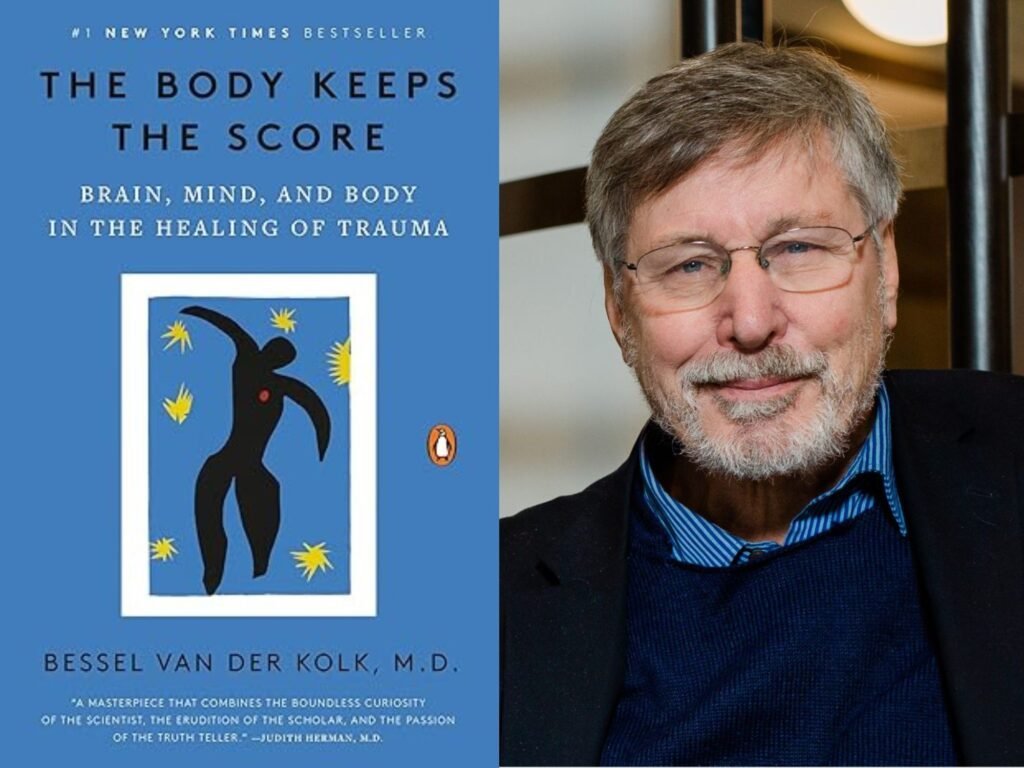
 Most people think trauma is only what happened to you.
Most people think trauma is only what happened to you.



 Before we begin:
Before we begin:

 As a PhD psychologist, I’ve spent decades guiding people through survival, shame, and the long journey back to self.
As a PhD psychologist, I’ve spent decades guiding people through survival, shame, and the long journey back to self.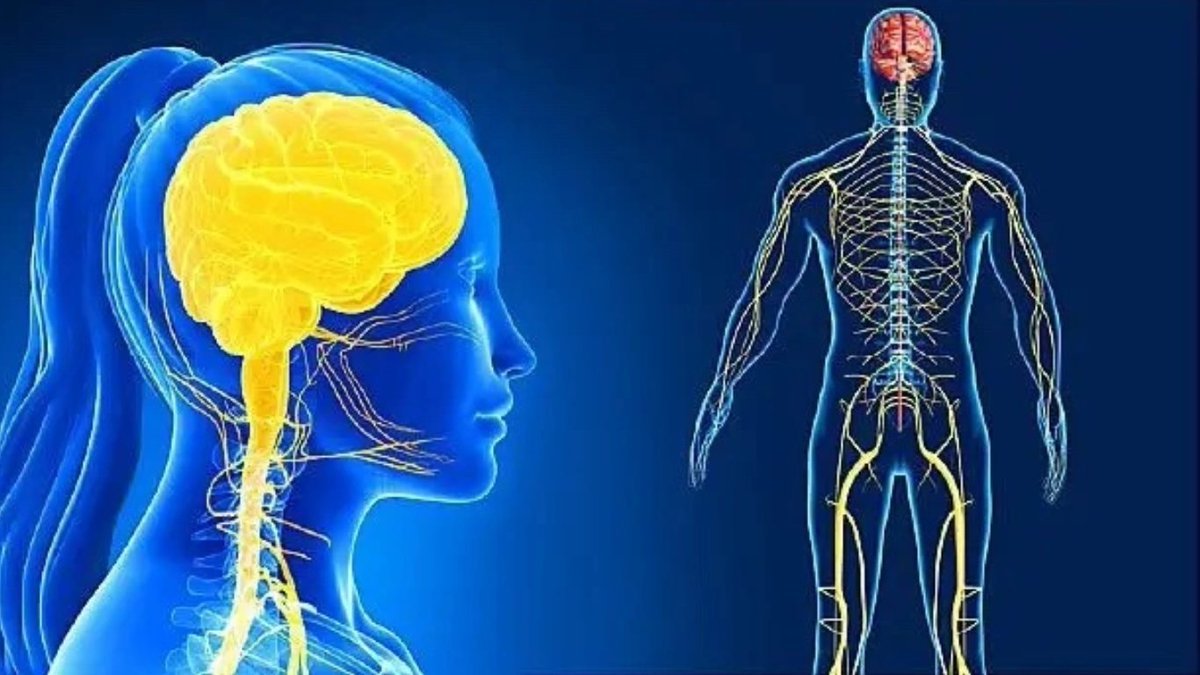
 1 in 6 U.S. adults has experienced 4+ types of childhood trauma (ACEs).
1 in 6 U.S. adults has experienced 4+ types of childhood trauma (ACEs).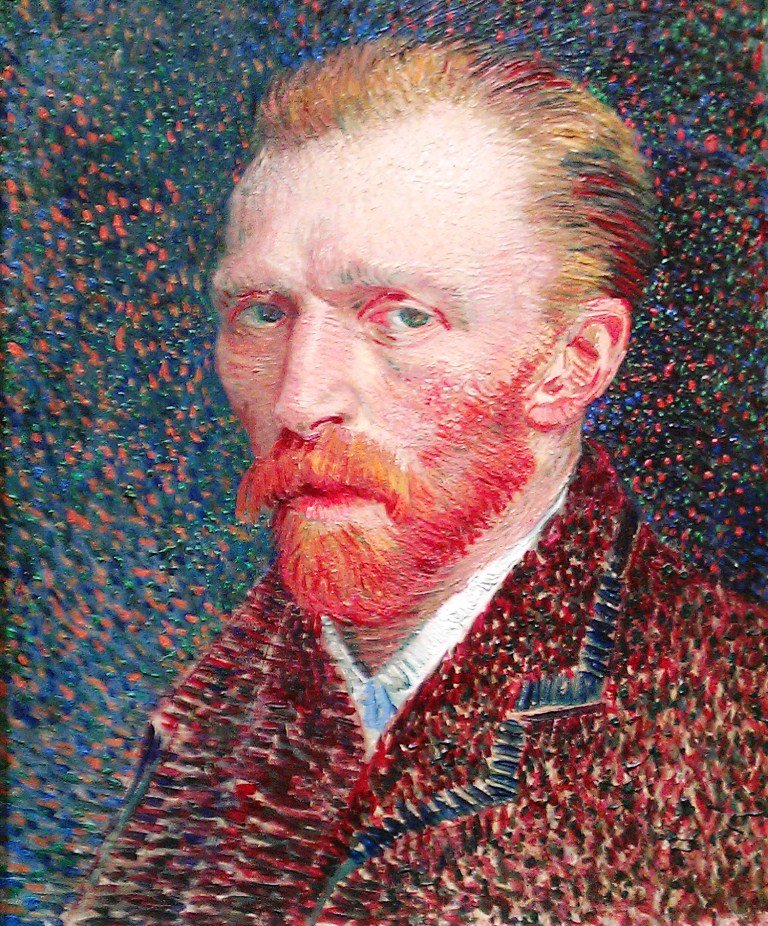

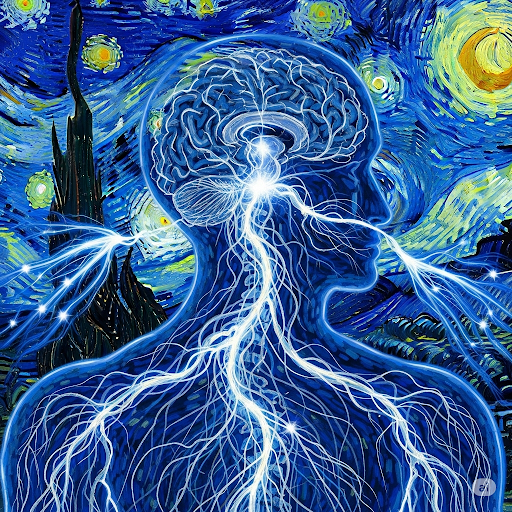 Vincent was born into grief.
Vincent was born into grief.


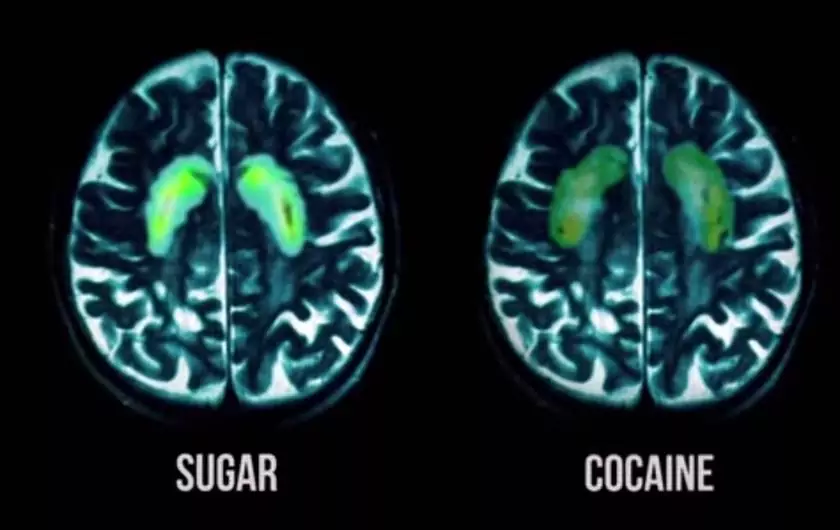
 Dr. Vera Tarman (Food Junkies) said:
Dr. Vera Tarman (Food Junkies) said:

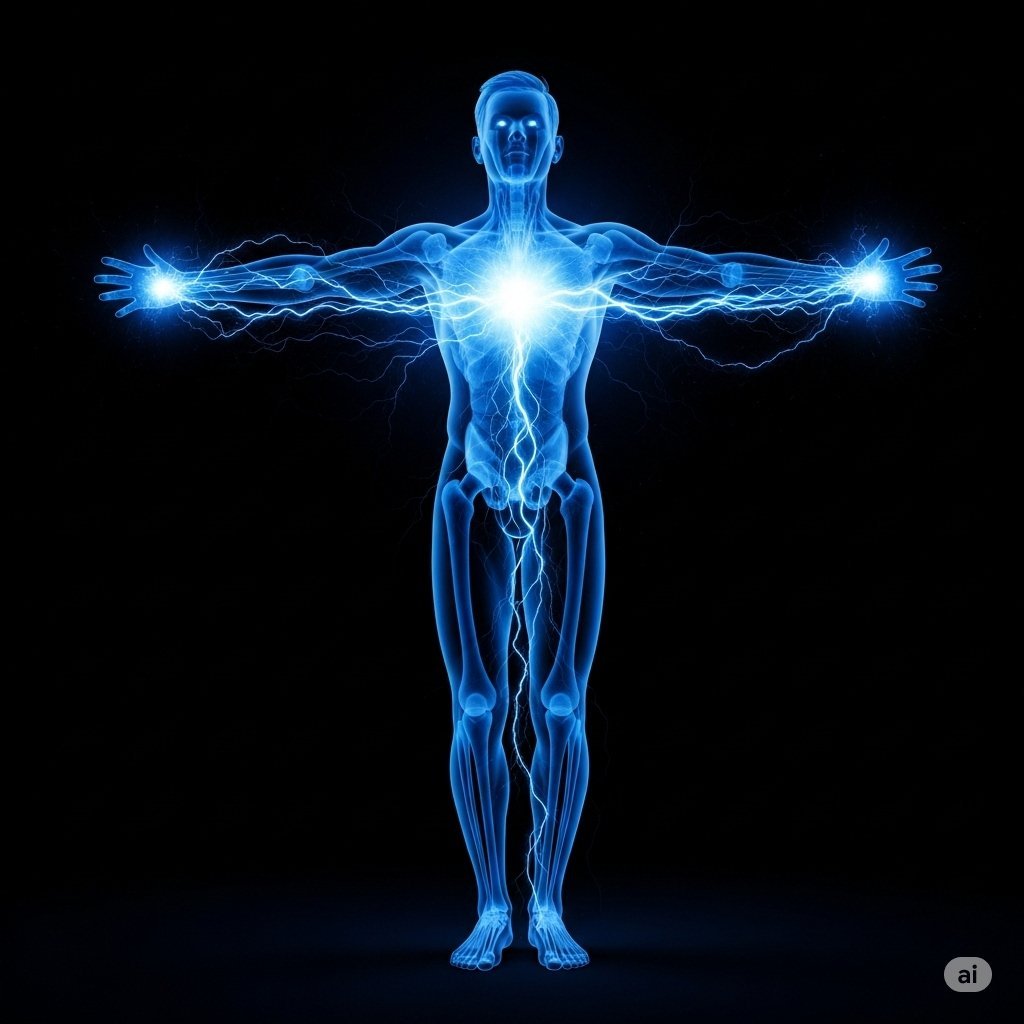 76% of people in recovery say they never learned how to set healthy boundaries.
76% of people in recovery say they never learned how to set healthy boundaries.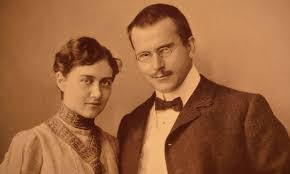

 Emma, Jung’s wife, knew about his relationships with patients and collaborators.
Emma, Jung’s wife, knew about his relationships with patients and collaborators. 
 Over 60% of adults report carrying long-term resentment.
Over 60% of adults report carrying long-term resentment.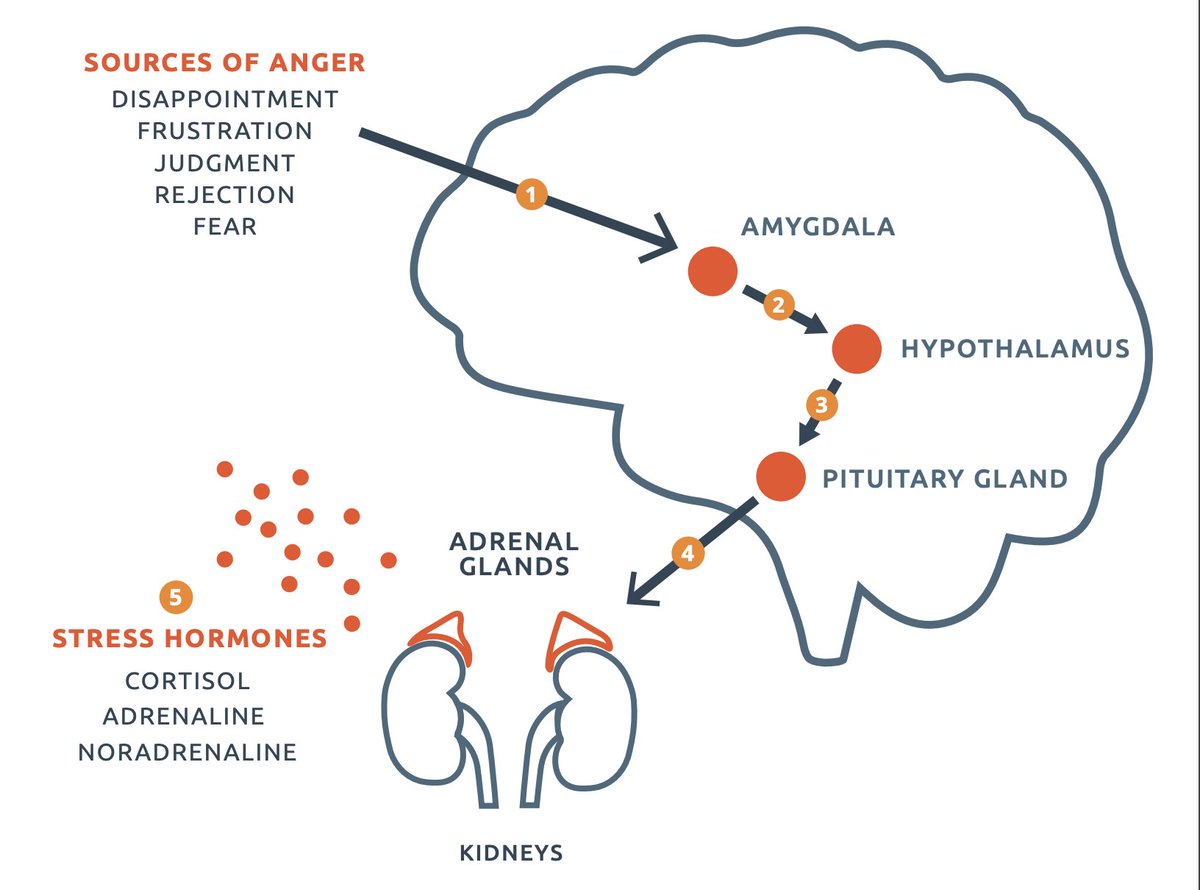


 In the 1840s, people with addiction and mental health problems weren’t treated as patients.
In the 1840s, people with addiction and mental health problems weren’t treated as patients.

 78% of Americans report using social media, food, or alcohol to escape uncomfortable emotions.
78% of Americans report using social media, food, or alcohol to escape uncomfortable emotions.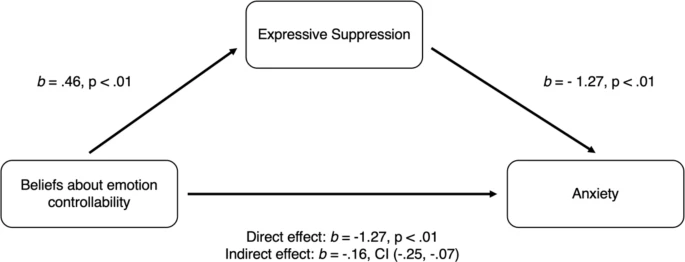
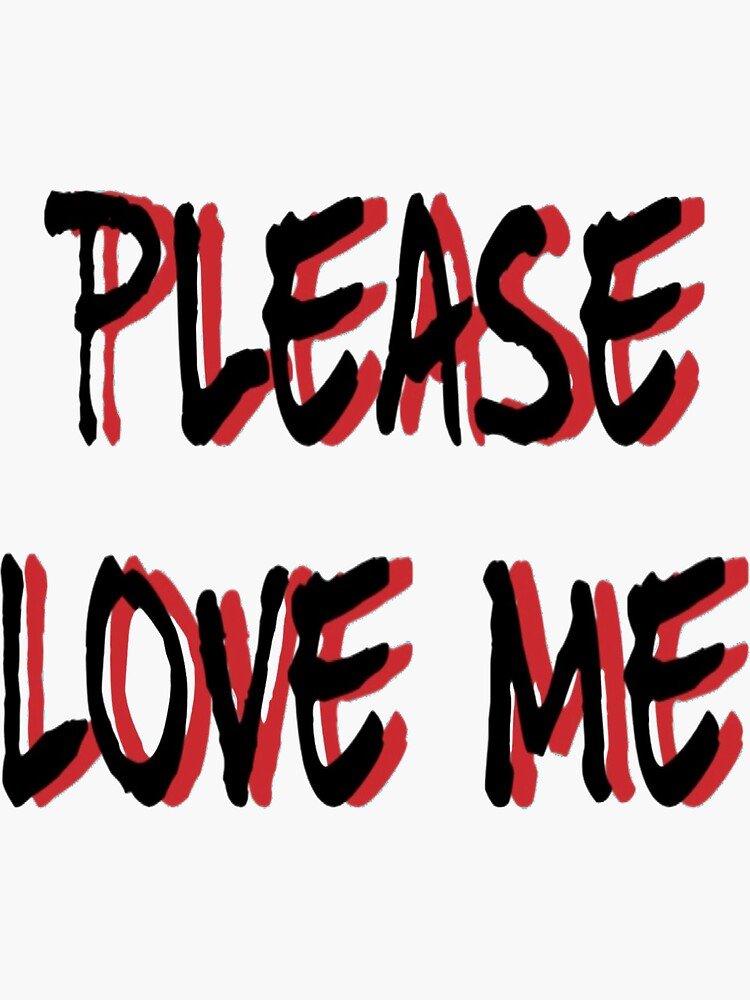

 Someone once asked me,
Someone once asked me,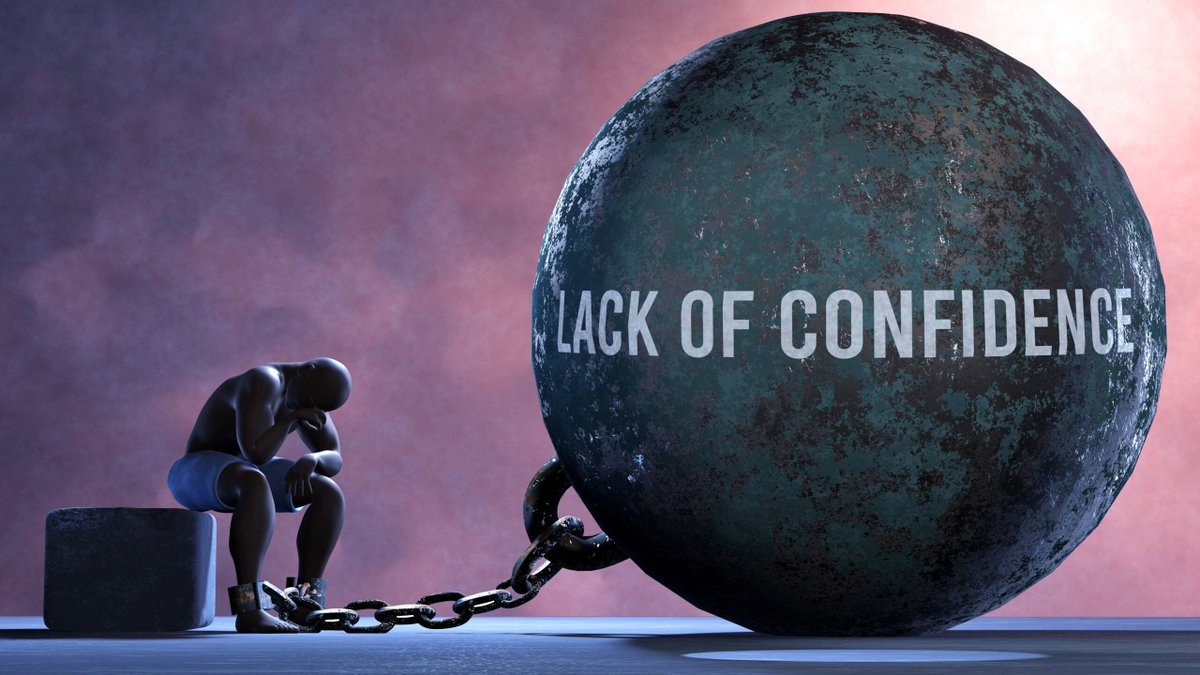
 Most people don’t lack ambition or talent.
Most people don’t lack ambition or talent.

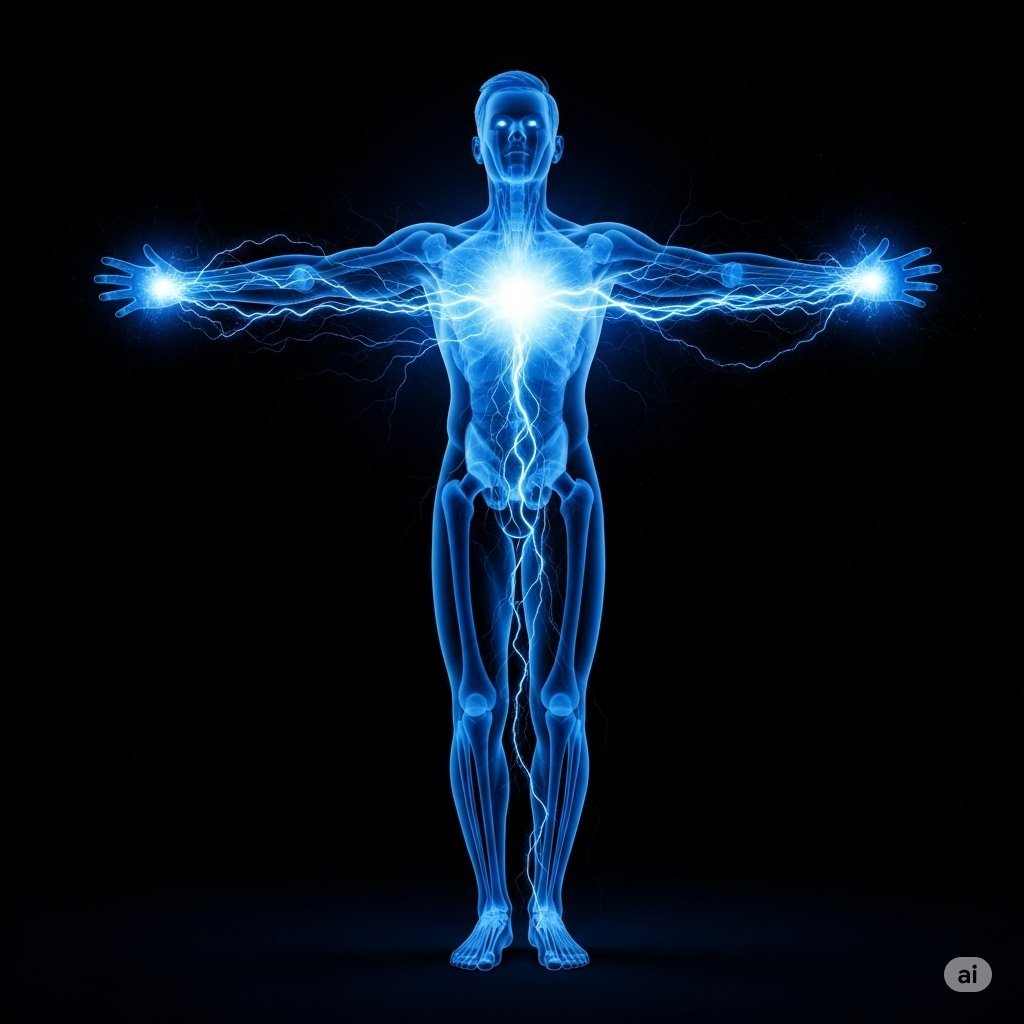 88% of people with chronic collapse and emotional exhaustion have trauma in their history.
88% of people with chronic collapse and emotional exhaustion have trauma in their history.

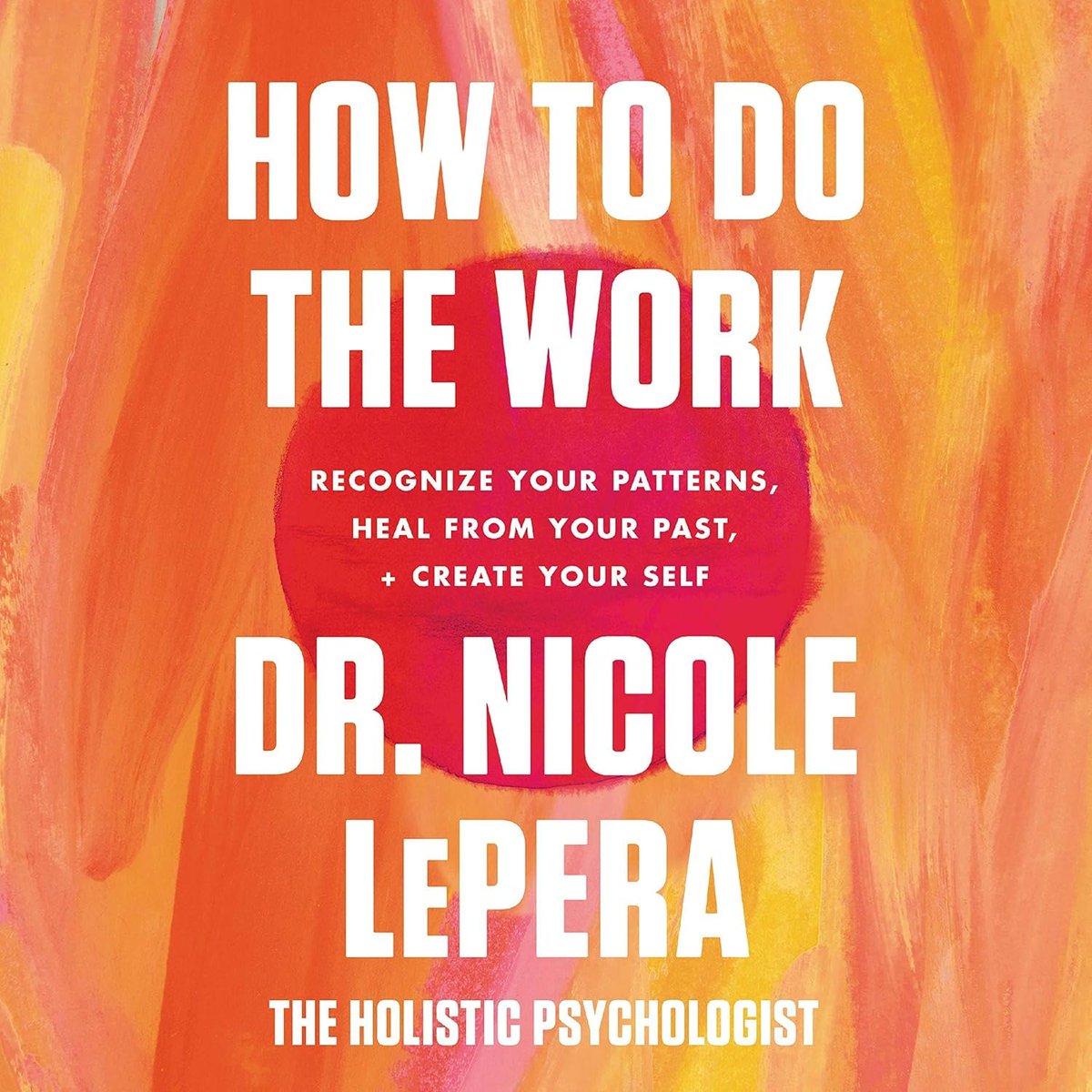 She refused to follow the party line of psychotherapy, which focuses on intellect and behavior.
She refused to follow the party line of psychotherapy, which focuses on intellect and behavior. 

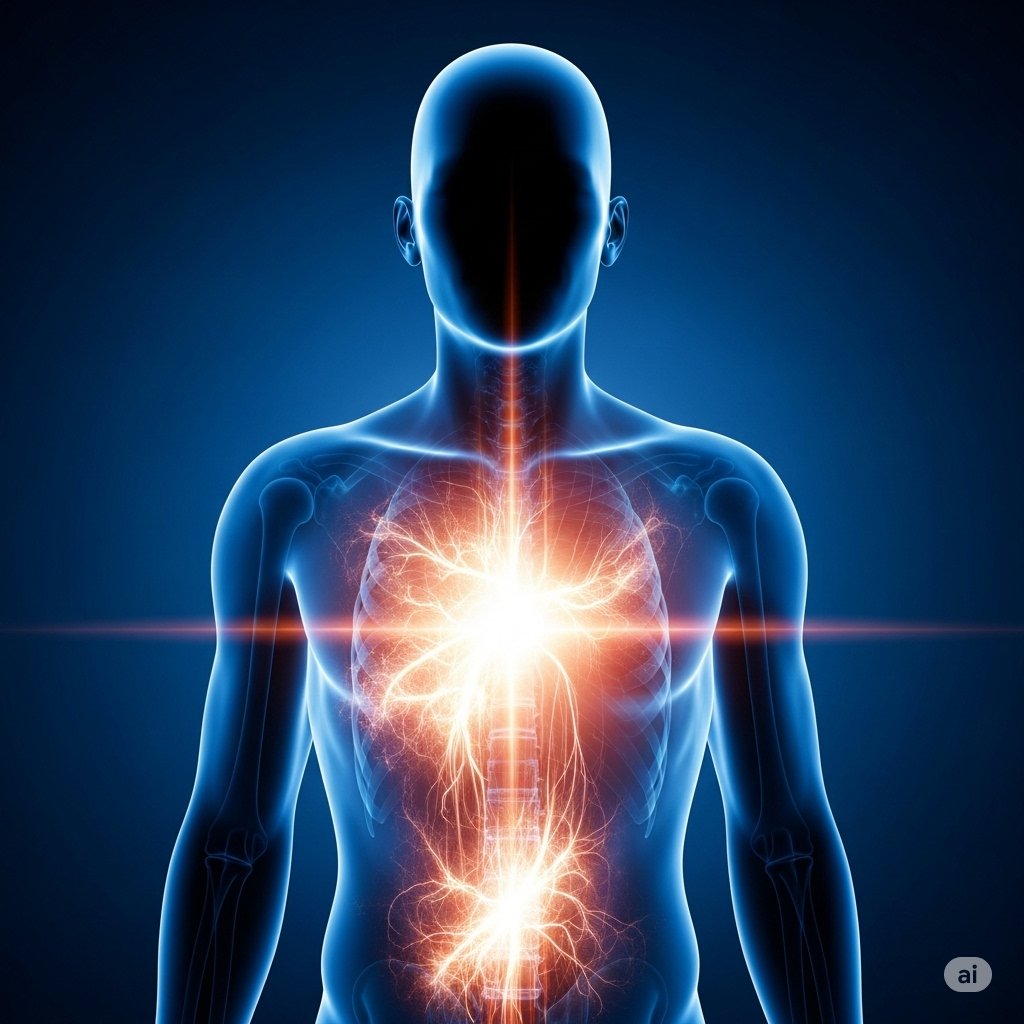 Reich began as a rising star under Freud.
Reich began as a rising star under Freud.




 Rumi’s soul cracked open when his closest companion died.
Rumi’s soul cracked open when his closest companion died.